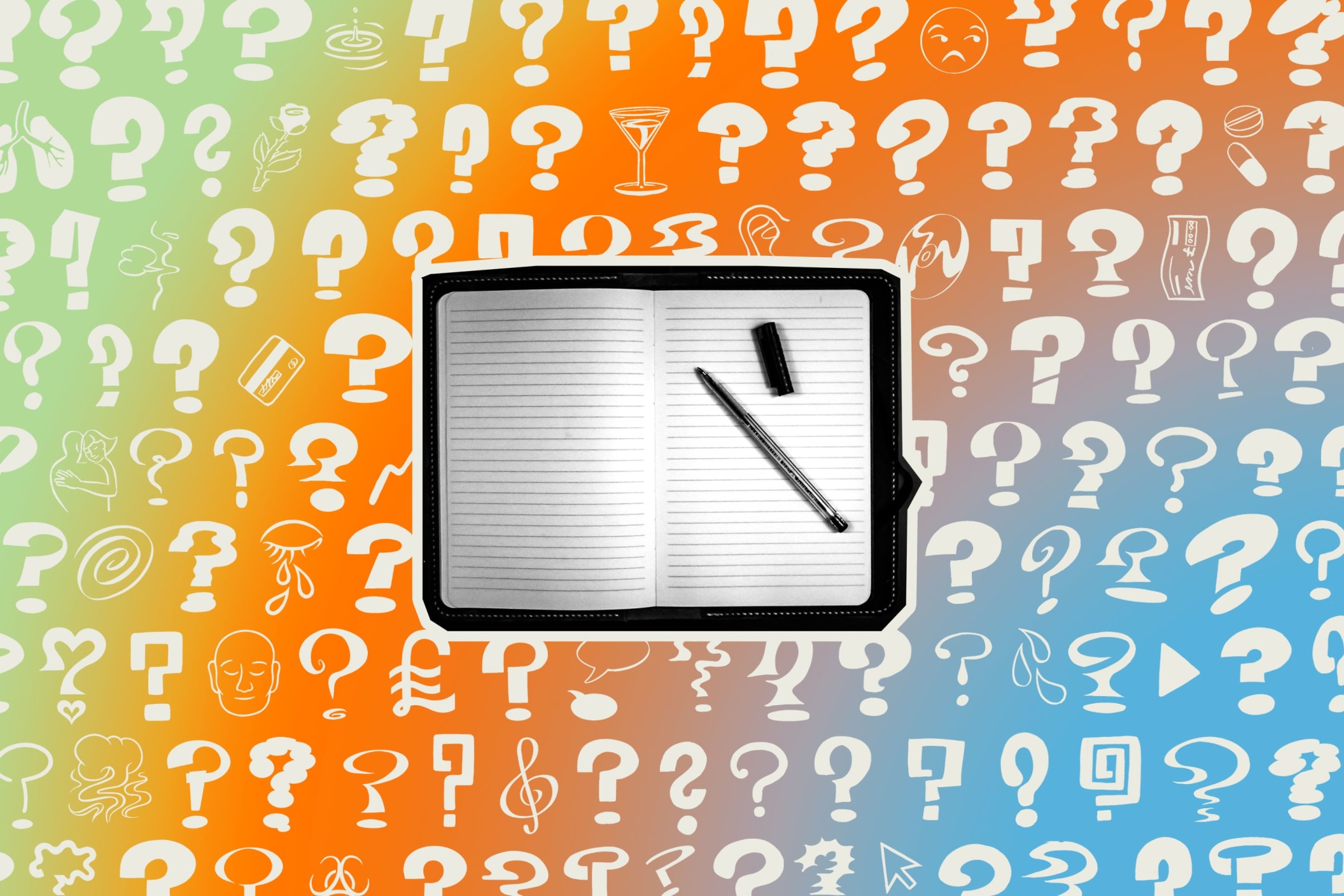An Entry Level Guide to Cringe-Free Journaling
Embrace the embarrassment; you’re not writing for anyone else
Embrace the embarrassment; you’re not writing for anyone else
Journaling can be loaded with associations, and not all of them are positive. It’s easy to picture childish pink diaries with flimsy padlocks, or pseudo-intellectuals from a bygone era. The act of writing down one's private thoughts can seem juvenile or narcissistic, but in reality, committing our feelings to text can be an incredibly powerful tool. Scientific studies have found links between journaling and decreased mental distress. Writing about emotions and stress is even thought to have immune-boosting qualities.
When feeling self-conscious about journaling, it can help to be reminded of others who have done it. History is full of scribers, from Ernest Hemingway to Tina Brown and Nora Ephron, who famously once wrote that, ‘everything is copy’. Seminal self-help book, The Artist's Way encourages readers to do Morning Pages; three pages of stream-of-consciousness writing, as soon as you wake up. Fans of the book include Martin Scorsese and Kerry Washington, who described it’s impact as ‘life-altering’.
Journaling doesn’t need to be limited to pen and paper. From fancy notebooks to the iPhone notes app, there’s an array of formats you can use, the important part is actually writing.
How to start…
As with all new things, keeping an open mind is essential. “It’s normal for things to feel uncomfortable at first but over time, it becomes more familiar,” says Alister Gray, Executive Leadership Coach at Mindful Talent. “Journaling is not only cathartic but also creative. There is a tonne of neuroscience research to back the positive effects journaling has on your brain, and specifically the impact it has on your ability to feel, express and communicate your emotions.”
If you’re struggling with a writer's block, Gray suggests starting simple by writing down three things you are grateful for, considering why you love and appreciate them so much.
Do’s and don’ts…
Journaling is all about free flow, there are no constructs in place of what you can and cannot do. “If you find it difficult at first, then start with journal prompts such as questions: what would make today great? How would I like to show up today? What do I feel grateful for today?” advises Gray. The more frequently you practise, the easier it will become to connect and process your feelings on paper.
Does it actually work?
The act of journaling isn’t a miraculous, cure-all solution to anxiety or depression, but rather a therapeutic and reflective exercise in coming to terms with your emotions and creating long term plans. “I find that spending time in journaling not only lifts your mood, it enables you to develop greater self-awareness, emotional regulation, deeper appreciation for life and a new found sense of gratitude,” explains Gray.

Will it improve my mental health?
In the last decade, journaling has become more widely-recognised as a mindfulness practice, and as a result, it’s growing in popularity. “Rather than letting yourself get lost in a moment or staying frustrated, journaling can aid with realising your emotions and behaviours, accepting them and focusing on a route to overcome them,” says Louise Troen, Vice President, International Marketing & Communications at Headspace.
Gray explains that in neuroscience journaling is known as ‘Affect Labelling’, a process in which identifying intense emotions can be especially effective for people experiencing grief or sadness. “It enables you to self-regulate emotions and also to develop emotional literacy that subsequently helps you to express how you are feeling to others,” says Gray.



